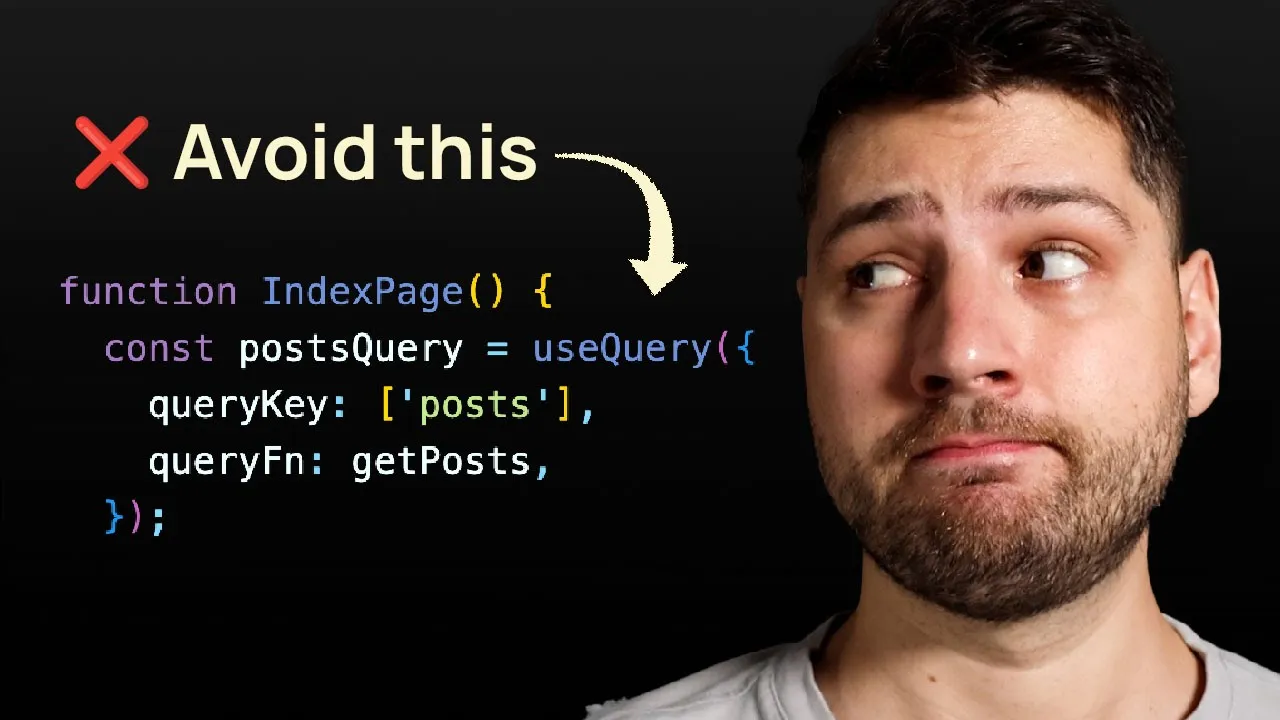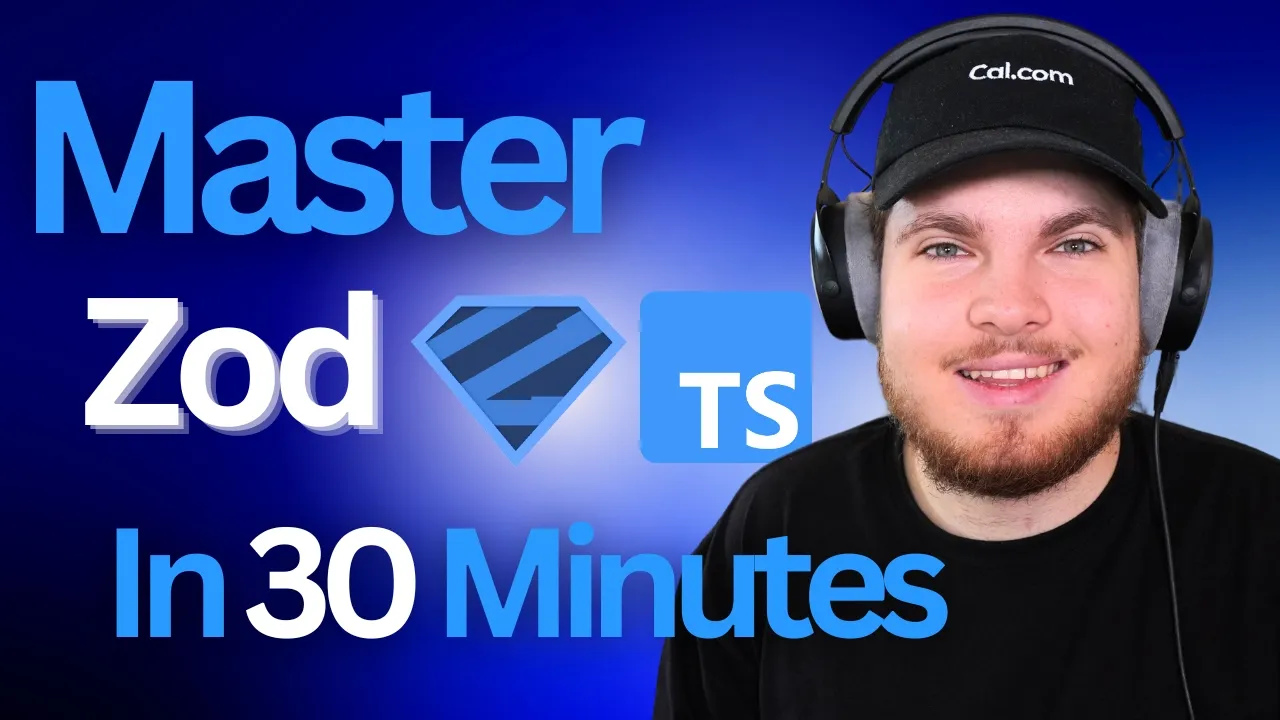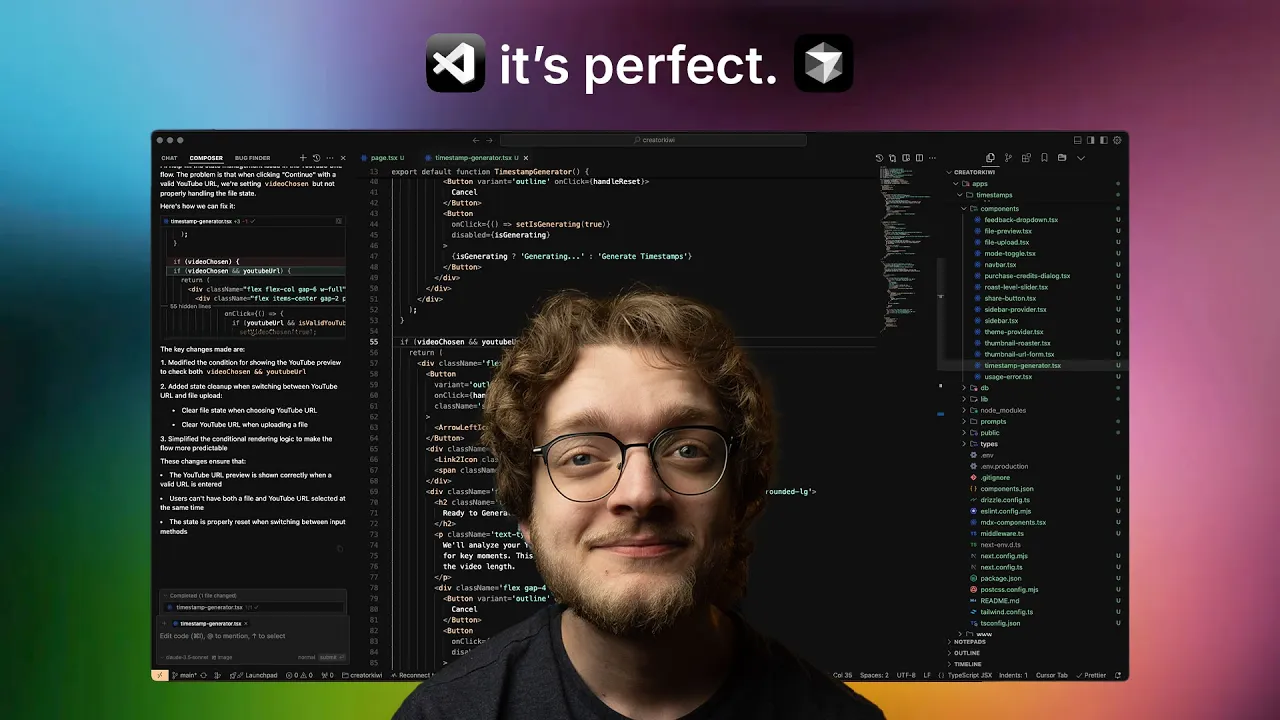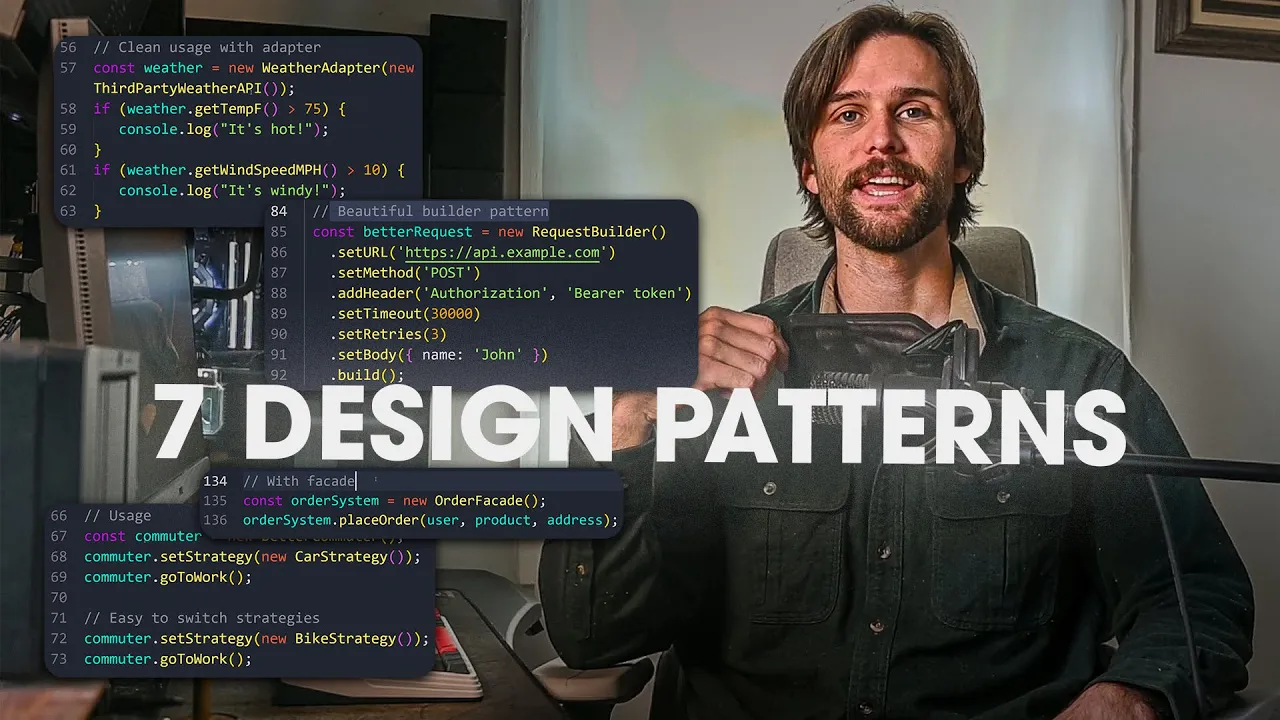Clean Code Principles
Guidelines and techniques for writing maintainable, readable, and efficient code following established clean code principles serve as foundational knowledge for software professionals seeking to create high-quality applications that can evolve over time. Clean code practices emphasize self-documenting code through meaningful variable and function names, allowing developers to understand the purpose and behavior of code without extensive comments or documentation. Effective code organization follows the single responsibility principle, ensuring that functions and classes have one clearly defined purpose, which leads to more modular, testable, and reusable components that can be maintained independently. Professional developers recognize that code is read far more often than it is written, making readability a critical factor that impacts long-term maintenance costs and team productivity more than clever optimizations or brevity. Consistent formatting and adherence to language-specific style guides eliminate cognitive overhead when switching between different parts of a codebase, with automated tools like linters and formatters enforcing these standards to prevent stylistic debates and maintain quality across teams of varying experience levels. The DRY (Don't Repeat Yourself) principle guides developers to abstract common functionality instead of duplicating code, reducing the risk of inconsistent behavior when requirements change and minimizing the surface area for potential bugs. Comprehensive test coverage, including unit, integration, and end-to-end tests, not only verifies correctness but serves as living documentation that demonstrates how code is intended to be used and provides confidence when refactoring or extending functionality.





